There might not be a single sports league on the planet whose fans care about viewership numbers as much as the LCS’. And with the 2023 Spring Split in the books, it’s now official: the LCS’ average and peak viewership numbers had another dropoff. Fans are now allowed to drop all of their hot takes.
This Spring Split, the LCS’ viewership numbers both dropped in comparison to last summer, with the split-wide average falling to a mark of just over 109,000. The league’s best day came, as expected, during yesterday’s grand final match between Cloud9 and Golden Guardians, when 271,000 viewers tuned in at its peak, according to esports viewership stats site Esports Charts. The finals have been reliable for a split’s peak throughout the LCS’ history: The last time a split’s peak viewership came outside of a final match was in the 2020 Spring Split.
Still, peak viewership is a relatively weak metric when determining the strength of a league’s viewership numbers. The average watch time of an audience is a better indicator of a loyal fan base, in addition to the total hours watched that the league accrued over the course of a split. Earlier this year, EMEA’s League esports director Maximilian Peter Schmidt said that “average minute audience and hours watched pay the bills” when firing back at some of the takes that began to circulate around the LEC’s viewership discussion.
Even in the hours watched category, though, the LCS is struggling. This split, the LCS accumulated over 14 million hours watched, down from the 19 million it had in the summer of 2022 (albeit with 30 fewer hours of airtime), according to Esports Charts. Proportionally, the LCS should have been expected to grab just over 15 million total hours if it was to keep up last summer’s pace with fewer hours on-air.
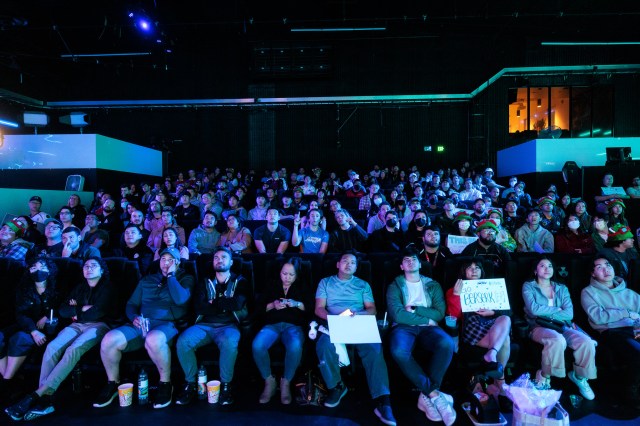
The league has been hovering in the low hundred-thousands in regard to average viewership numbers for the better part of two years. Its best single-split viewership totals came in the summer of 2020 when it averaged over 200,000 average viewers, supplemented by over 33 million total hours watched. The 2020 season was also the last time the LCS’ average viewership number grew between splits.
Coming into this season, the change of broadcast days for the league from Saturday and Sunday to Thursday and Friday was a major point of intrigue for LCS fans since some believed it would cripple viewership. That prediction failed to hit the mark, though: The average viewership numbers only slipped by 5,000 with the new change in place.
Regardless, the on-stage product for the LCS this spring was noticeably strong, with fresh-faced teams making deep playoff runs, a revamped look to the Riot Games Arena, and a new approach to the broadcast’s format and content all playing a role in the 2023 season starting off on the right foot, despite a slight dip in viewership.
The LCS will return to its domestic schedule when the Summer Split begins on June 1. In the meantime, LCS Spring Split champions C9, along with the league’s runners-up Golden Guardians, will represent NA at this year’s Mid-Season Invitational.


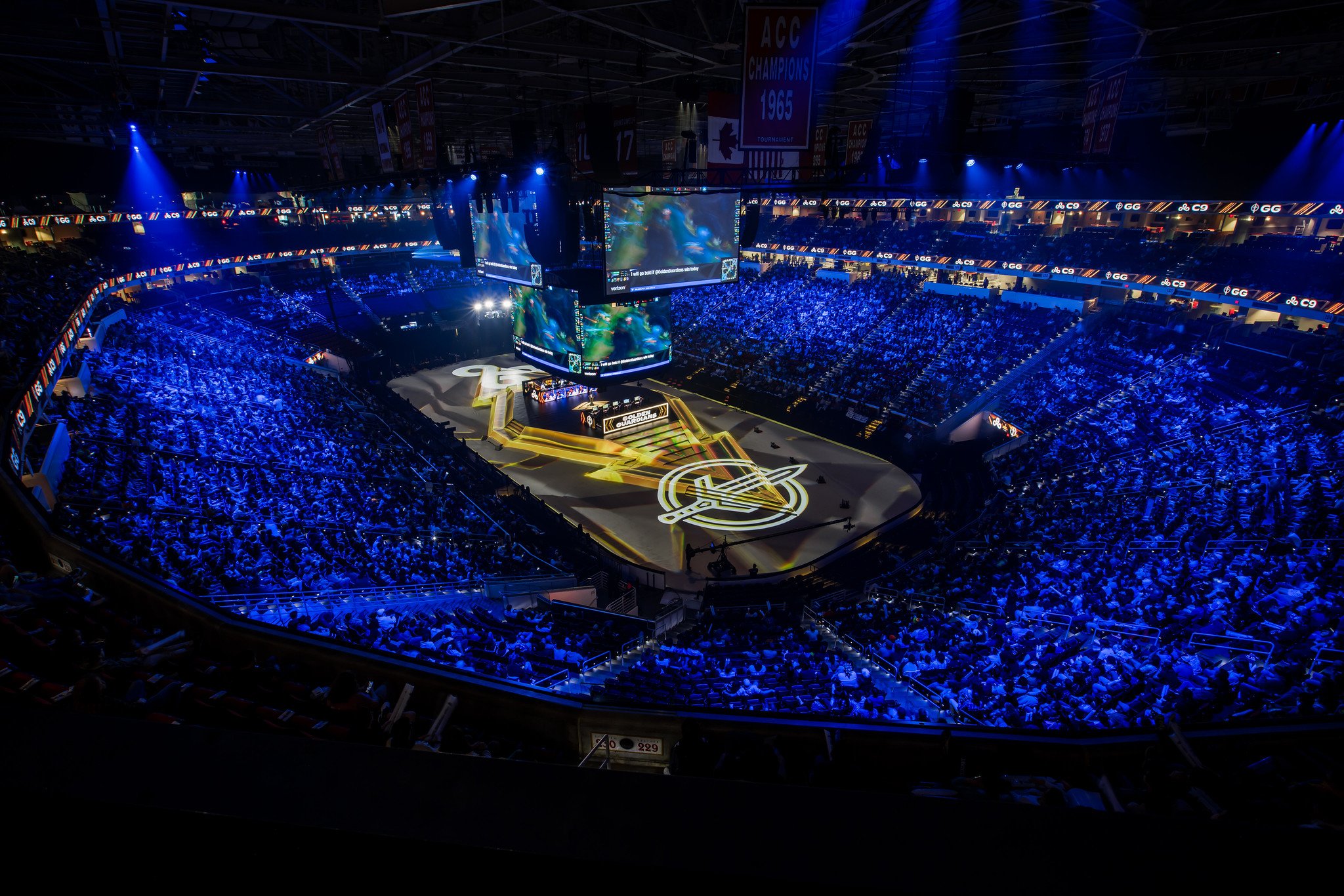
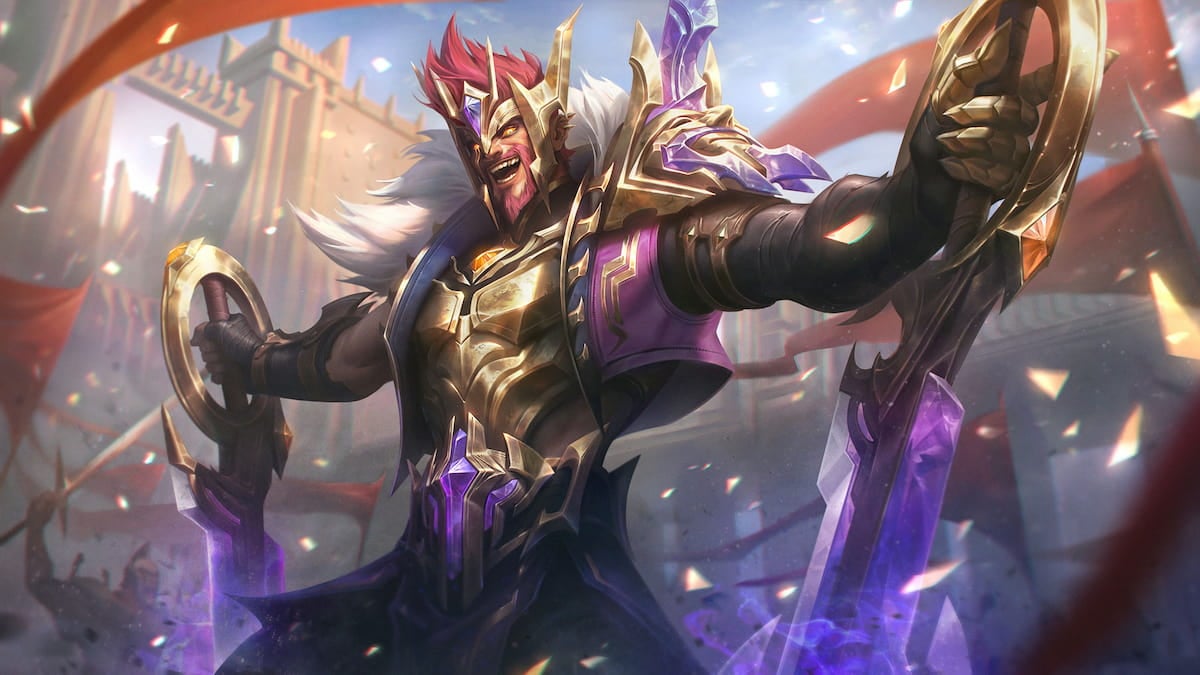
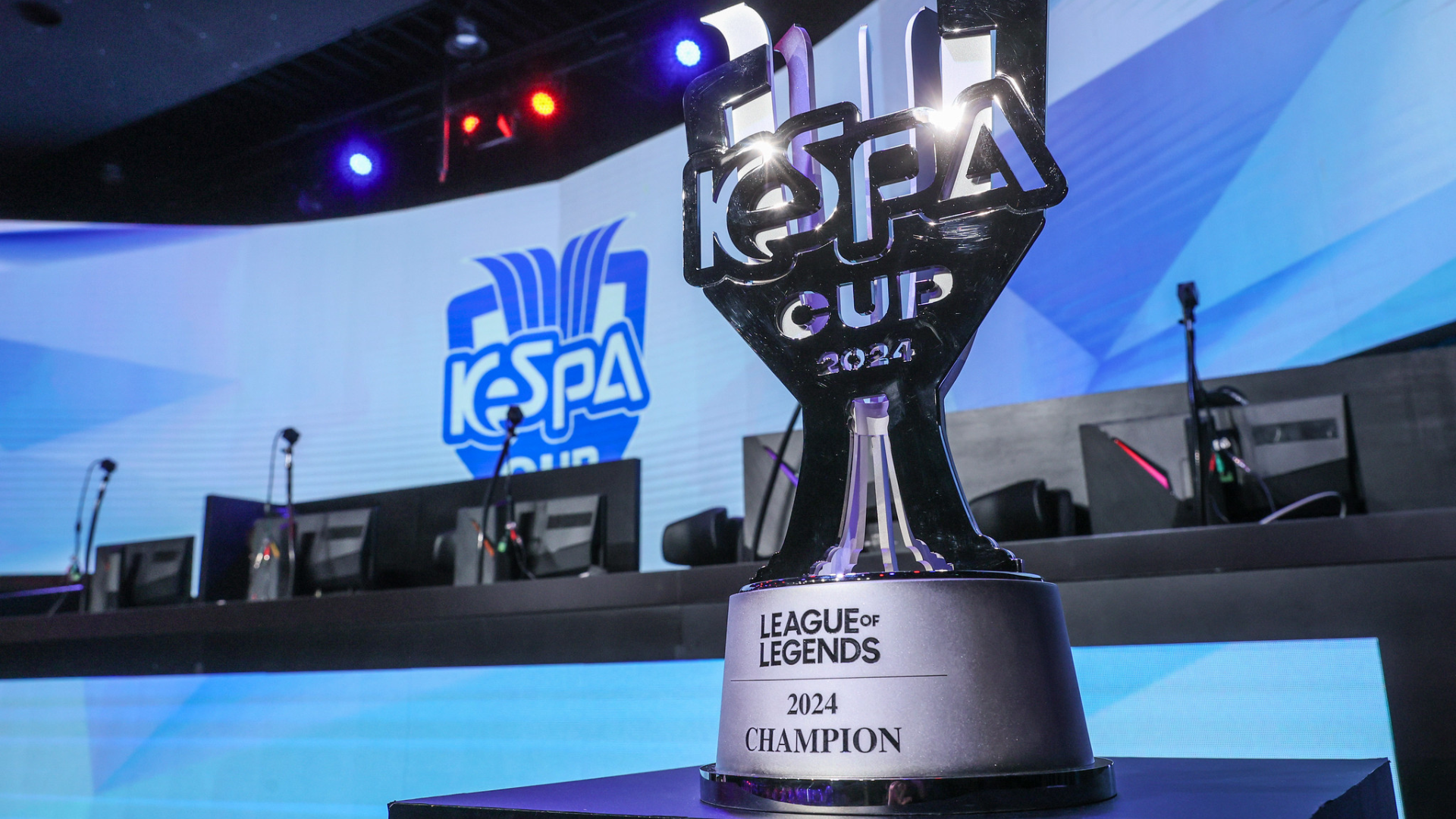
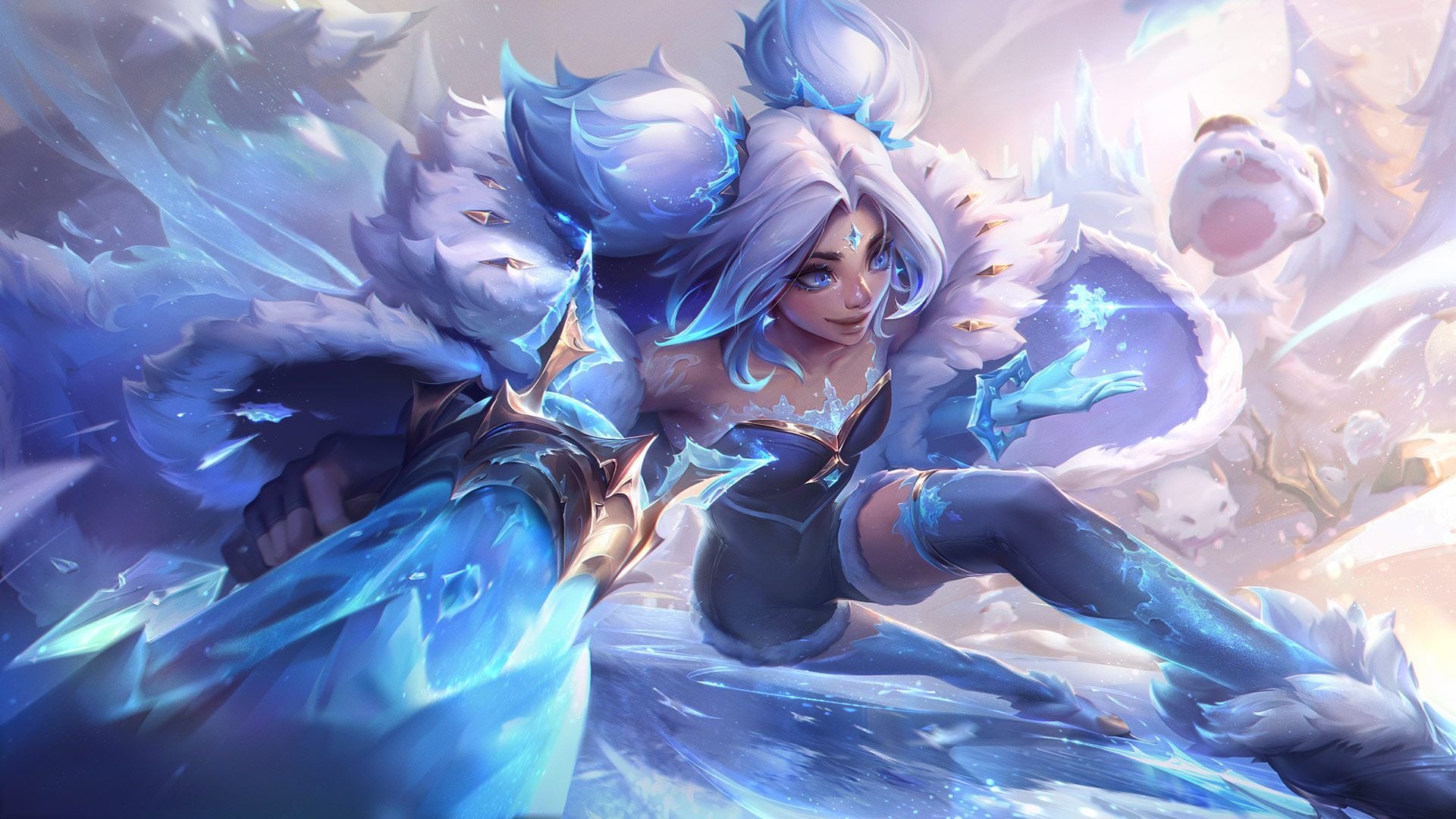

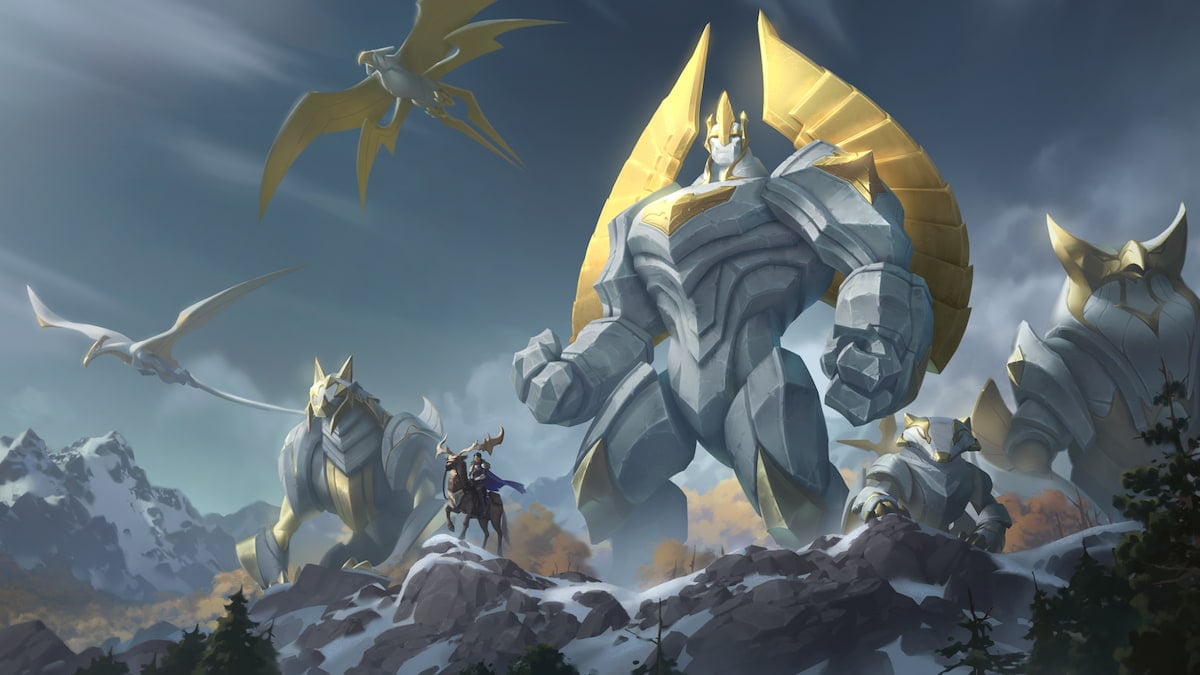
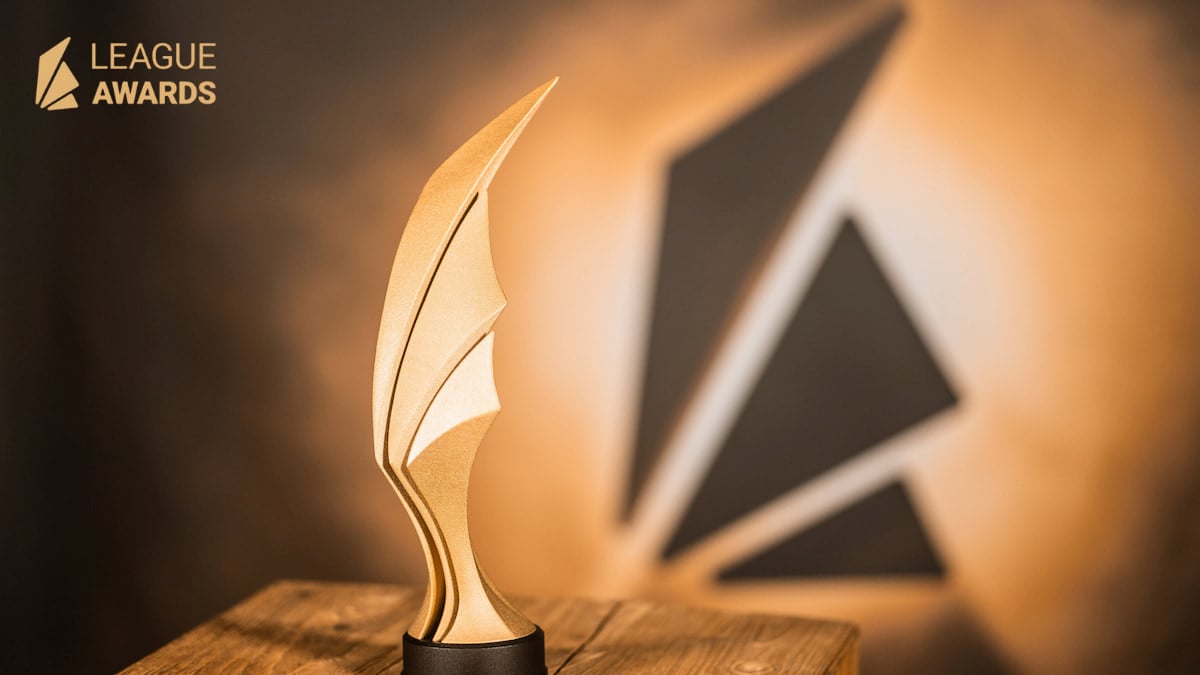
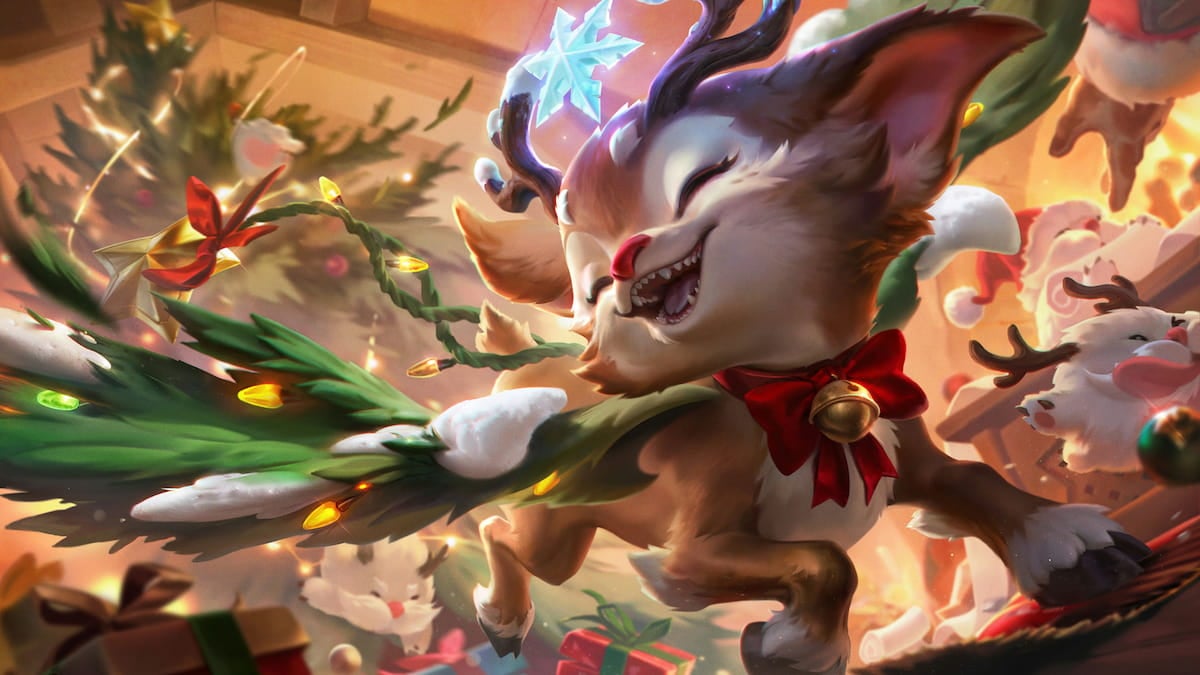

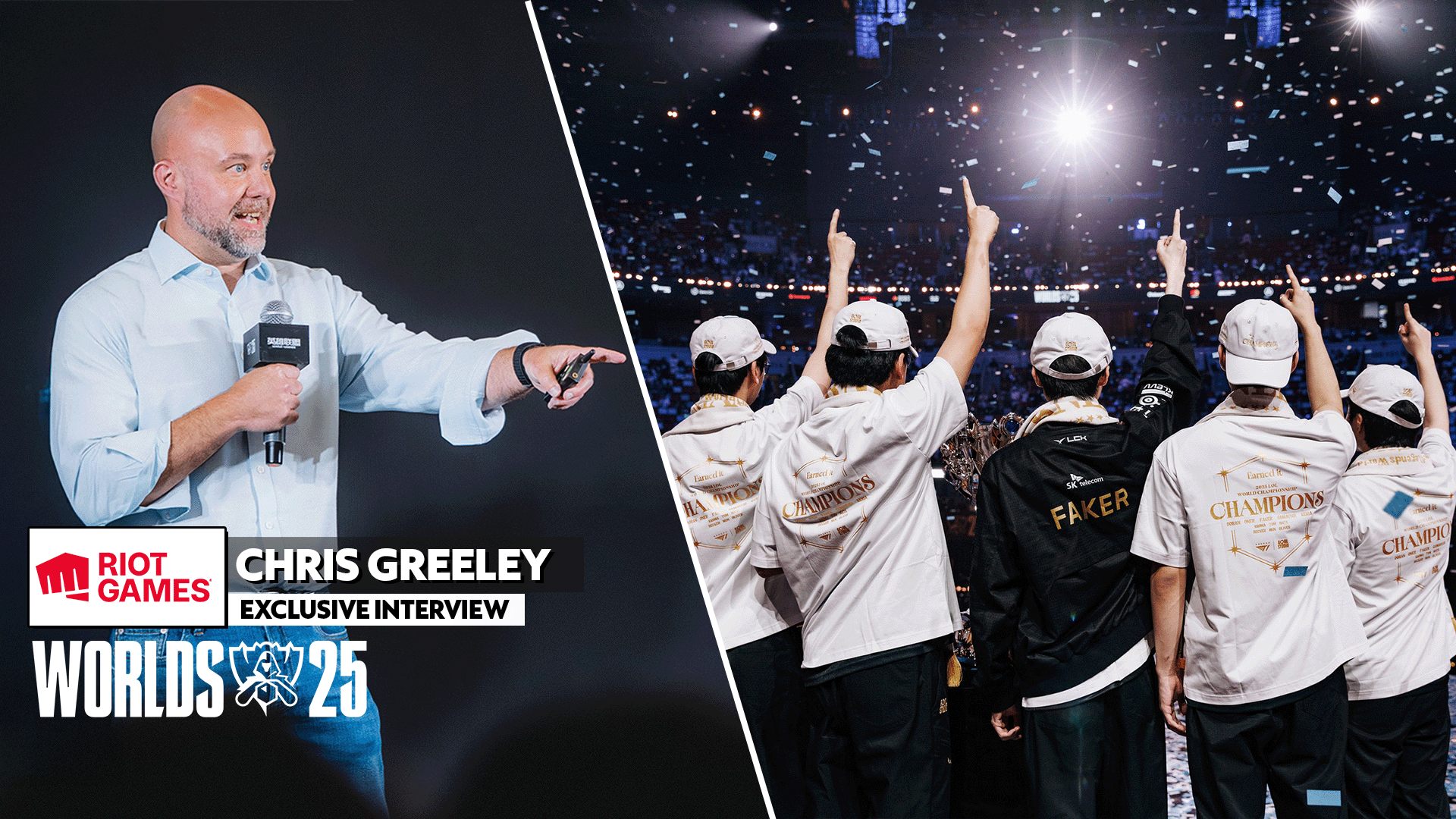

Published: Apr 10, 2023 01:26 pm